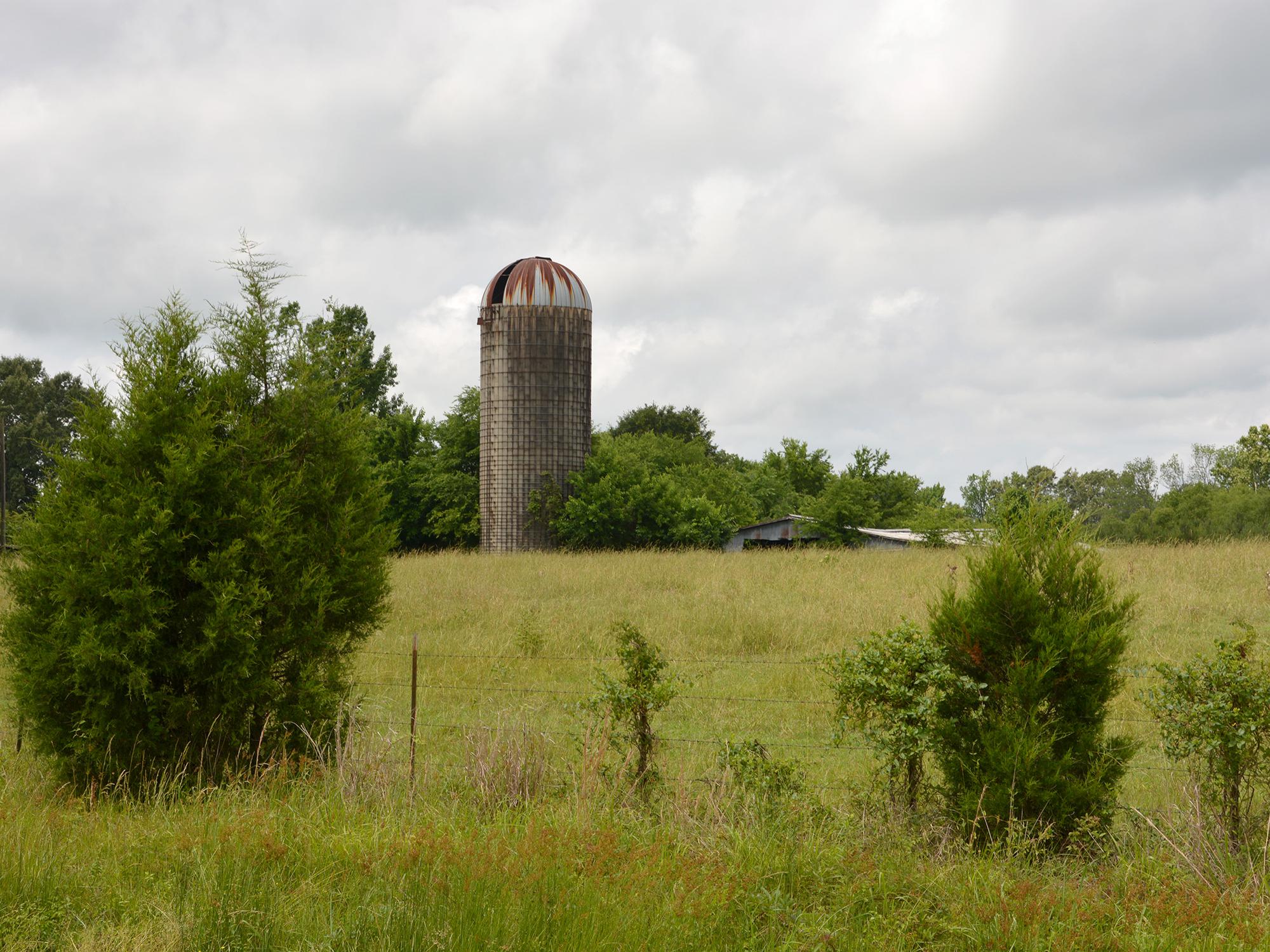Information Possibly Outdated
The information presented on this page was originally released on May 30, 2014. It may not be outdated, but please search our site for more current information. If you plan to quote or reference this information in a publication, please check with the Extension specialist or author before proceeding.
Fewer dairy producers left to celebrate June
TYLERTOWN -- Mississippians looking to raise a glass to celebrate “June is Dairy Month” with local producers may be drinking their milk alone.
Walthall County Extension agent Richard Hay has seen a drastic change in dairy numbers in his county since he arrived in 1984.
“We had more than 200 dairy farms when I started my Extension career in Walthall County. Today, the number is closer to 14,” he said. “The good news is if you are still in the business, you are one tough dairy farmer.”
Hay said the south Mississippi counties of Walthall, Lincoln, Marion and Pike combined with some Louisiana farms to create “Little Wisconsin,” which supplied the New Orleans markets in decades past. Walthall County was the “cream pitcher of Mississippi.”
Fortunately, the remaining dairy farmers are finding reason to celebrate beyond just surviving.
“Profit margins have been better in the last three or four months, but we know prices will take a downward turn during the summer months while school is out and the school milk demand drops. Even though we might lose a little profitability in the next few months, we’ll turn out OK for the year,” he said.
With fewer than 100 farms, Mississippi’s dairy industry was valued at $40 million for 2013, roughly half the value of the industry in 2001.
“What helps the most is that the price of feed has come down some compared to the last few years,” Hay said. “Unfortunately, fertilizer, fuel and labor are not coming down.”
Hay said exports are strong, which helps prices stay up. More than 15 percent of U.S. dairy production went into the export market in 2013, with Pacific Rim countries being particularly strong importers. New Zealand is traditionally a major dairy supplier for those countries, but a prolonged drought there makes U.S. milk products a more reliable option.
Regardless of the profitability of dairy farming, there is one major factor that will contribute to shrinking dairy numbers in Mississippi, Hay said.
“Very few dairymen in the state are younger than 40 years old. In Walthall County, the majority are 60 or older,” Hay said. “Up North, it’s a badge of honor to be the next in line to inherit the dairy, but somewhere along the way, Mississippi kids have chosen different career paths.”
Hay went on to say that the economic decision to leave the business depends on strong cattle prices as much as or more than low milk prices.
“A lot of people think that when milk prices go down, people get out of the business, but another factor is when cattle prices go up,” he said. “When milk prices go up, so do cattle prices because each cow can bring you more money.”
Pike County Extension agent Lamar Adams said many of the remaining dairy farmers are using the current economic situation to pay off accumulated debt.
“Although dairy farmers are enjoying record high pay prices for their milk and comfortable profit margins, many are using this increase in cash on hand to pay off debt they have been carrying since the dairy market crash of 2009,” he said. “So, they remain cautiously optimistic about the future in hopes that profits will continue long enough to not only pay off the debt but also make improvements to their facilities and other farming investments.”
Mike Ferguson, a dairy producer in Tate County and chair of the Mississippi Farm Bureau Dairy Commodity Group, expressed optimism tempered with concerns for the state’s dairy industry.
“There was a time when milk and cheese plants were all over Mississippi, but as dairy farms dwindled, so did the plants. The two plants left in the state are in Hattiesburg and Kosciusko,” he said. “As you get fewer and fewer dairy farms, the support infrastructure starts to crumble, and it gets harder to find large-animal veterinarians, equipment dealers and service technicians.”
Still, Ferguson said he believes the growing interest in locally produced food will help Mississippi dairy farms survive.
“Having a fresh local milk supplier is going to be key in the future. People just prefer locally produced products,” he said. “Consumers will have to choose between local supplies or products that have been transported greater distances.”
Ferguson also said the new farm bill will require farmers to consider new insurance issues.
“The new farm bill will be very different from any we have ever seen. Farmers need to study and take advantage of the insurance aspects if possible. Mississippi farmers need to know their exact cost of operation to participate in the insurance program,” he said.
“We are in a tough part of the world to dairy. Heat and humidity are not our friends,” Ferguson said.





